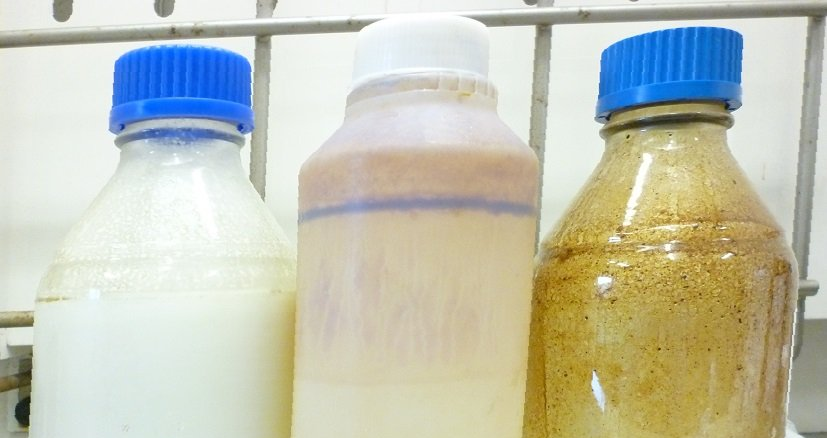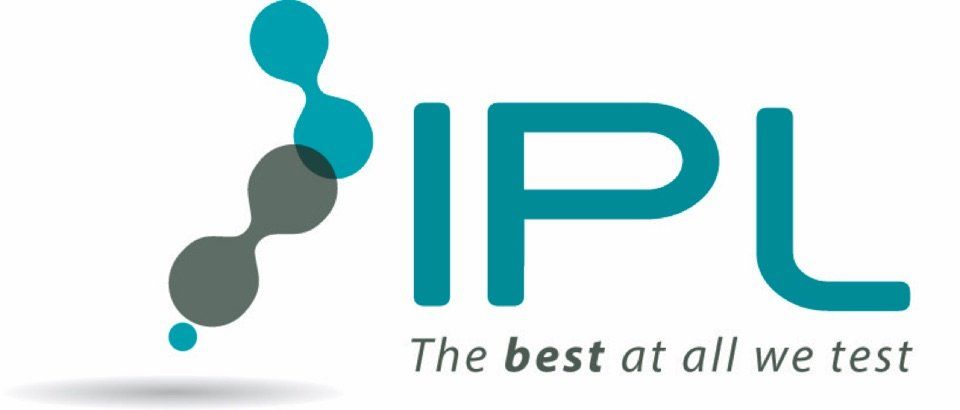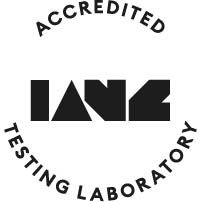Why Test Produced Water
- By Veronique Theberge
- •
- 25 Feb, 2019
Testing on produced water is carried out for various purposes such as consent monitoring.
Produced water is a by-product of the oil and gas industry. It is a combination of the injected water used to force the hydrocarbons out of the ground, as well as the naturally occurring water from the hydrocarbon reservoir.
Testing on produced water is carried out for various purposes such as consent monitoring. If reused, testing needs to be carried out to determine and maximise its treatment efficiency or to make sure that reusing the produced water won’t cause any other issues.
Produced water testing can assist
with your decision making to:
- Avoid plugging of wells
- Avoid scaling of lines, valves and
orifices
- Prevent corrosion due to acid gases
- Ensure the produced water is within consent
range (monitoring)
- Avoid the growth of bacteria that plug lines
and valves
Examples of what produced water can look like:

IPL’s produced waters test suite is tailored to
your requirements and can include:
- PH
- Chloride
- Total Petroleum Hydrocarbons
- Salinity
- Total suspended solids
- Total Dissolved solids
- Bicarbonate
- Conductivity/resistivity
- Specific gravity
- Oil and grease
- Dissolved metals
- Total Iron
- Anions
- Total and dissolved sulphide
- Volatile Fatty acid profile
- Trace Mercury
- Sulphate reducing bacteria
- Unknown compound identification

